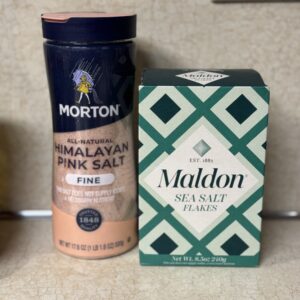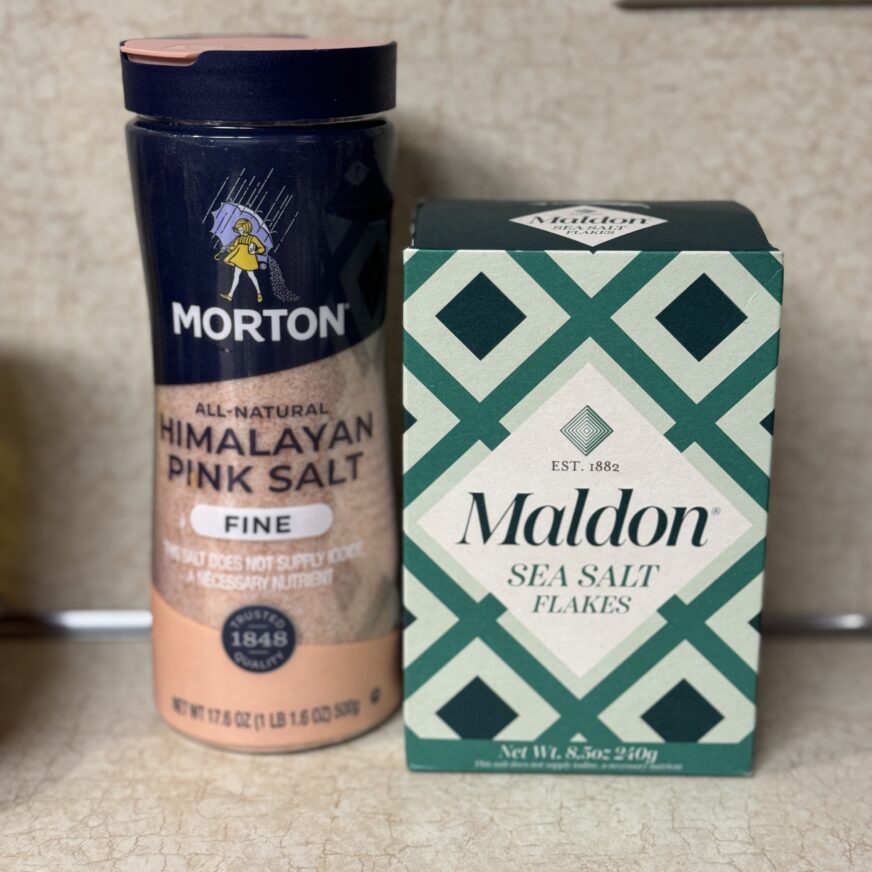Cooking Tips

CARDINAL RULES:
- Always have all ingredients in front of you before beginning to cook. Better yet if they are already measured out.
- Always allow twice as much time as you think you will need.
- Don’t always think that every recipe is exact or perfect, you might need to adjust it to your tastes, climate, ingredients (fresh, frozen, etc).
- Keep notes so you know for next time what you did right, or what you did wrong.
SALT SEASONING. It is important to salt your food. Salt allows the food to break down and cook faster, but it also gives you the only mineral your body cannot produce, which is salt, and vital to life. However, excessive amounts of salt cannot only overpower the food, but it can also lead to increased heart risks if it becomes a habit. Like everything in life, there has to be a balance. Especially when it comes to pasta, the only way it cooks and gets any flavor, is when the water is salted and infuses into the pasta as it cooks.
- Never use iodized “table salt”. It has an odd taste and it is no longer needed in an American diet.
- Always use Kosher or Sea Salt if possible.
- The only thing healthier than sea salt, is Himalayan pink salt because it is from high up in the mountains, sea salt most likely contains microplastics – the plastic pollution floating in our waters from plastic straws, containers and bottles.
Here is a basic guide I use which works in most situations.
- Pasta: 1 teaspoon added to 3 liters of water to cook 1/2 pound of pasta (8 ounce)
- Meat: 1 teaspoon salt added to 1 pound of ground beef
- Vegetables: 1/2 teaspoon salt added to 1 cup of vegetables
